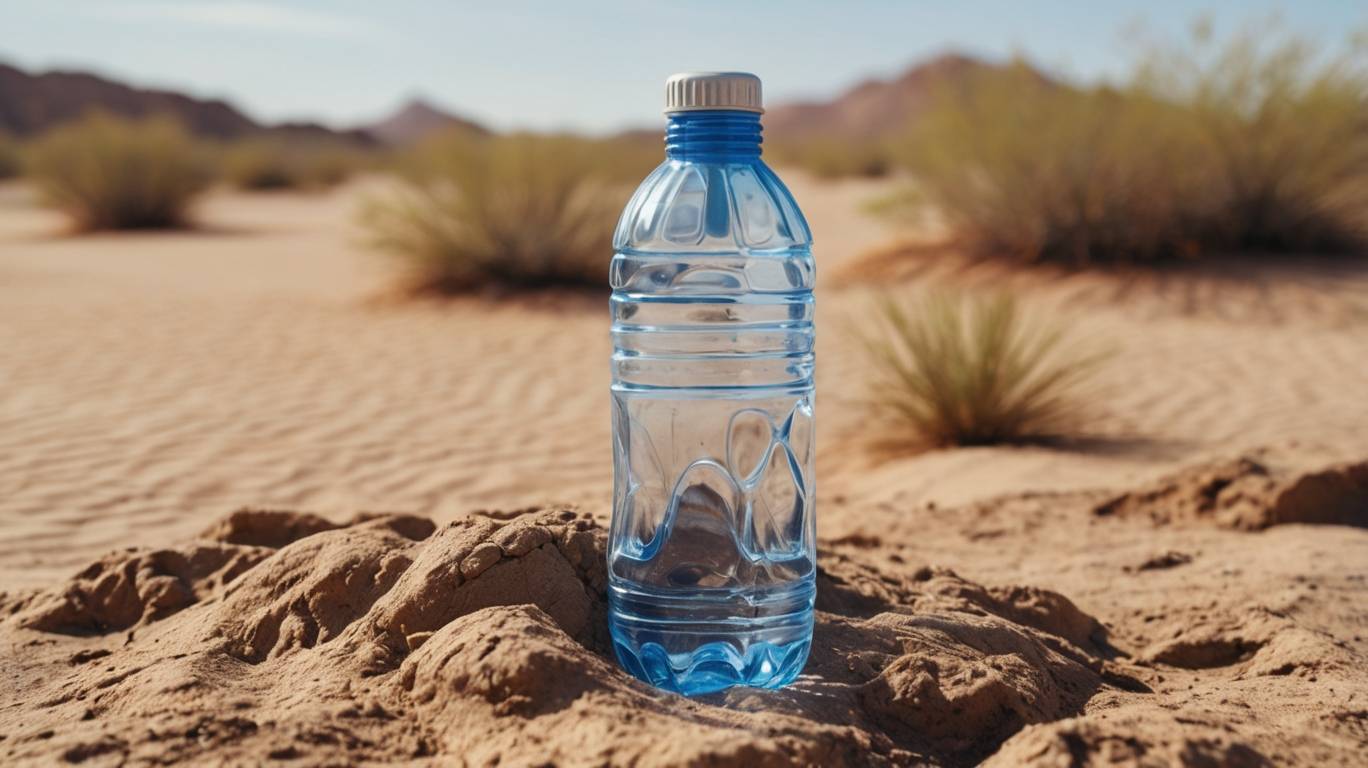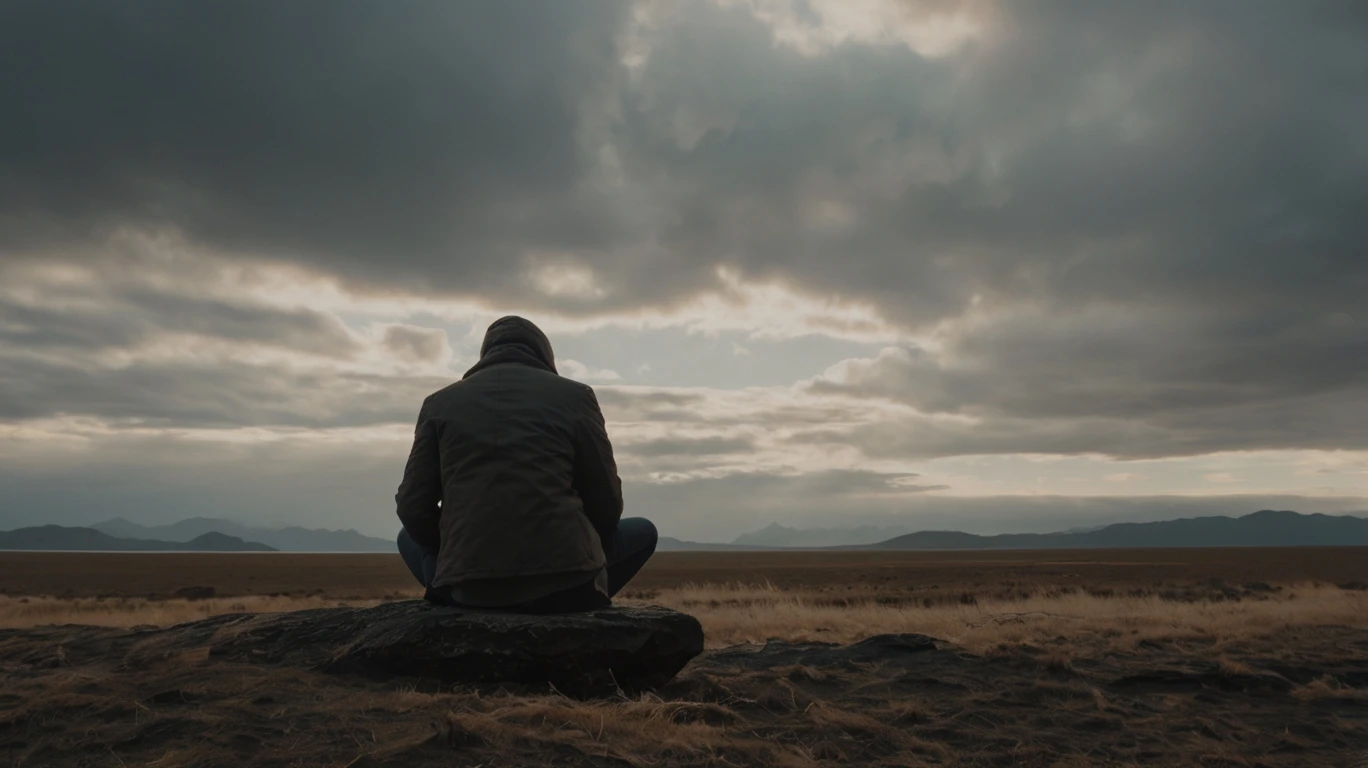Dehydration is a condition where there is not enough fluid in your body. It is bad for your health and well-being.
It is not always easy to recognize that the body is experiencing a lack of water. However, there are a number of symptoms that you should pay attention to in order to start addressing the problem in time.
How to realize that the body is dehydrated
There are several signs that indicate that your body is lacking water.
Thirst
By the time you feel thirsty, your body will already be dehydrated. Fortunately, not so much that you'll face serious health problems.
But it is still important to drink water when you feel thirsty, not when your mouth feels dry.
In addition, it happens that drinking “on demand” does not always help to avoid dehydration. To ensure adequate hydration, it is important to keep track of the amount of water you drink per day, especially if you are physically active or in a hot climate.
You haven't gone to the bathroom in a long time
How often you go to the bathroom can tell you how dehydrated your body is. Normally, you should urinate every three to four hours.
But if you've spent half a day and haven't gone to the restroom once, it's time to think about making up for the lack of water.
You're tired all the time
Feeling tired is another common sign of dehydration.
Water helps your body function properly and keeps your mind sharp and able to focus. But if it's not enough, your body has to work harder to accomplish everyday tasks.
That's what causes the dragging and crushing feeling of fatigue. Your alertness is reduced to zero, and thinking becomes hard.
Dry lips and mouth
The mouth and lips are areas of the body whose health is directly related to how well hydrated they are.
If there is not enough water in the body, the lips become flaky and cracked, and there is a constant feeling of dryness in the mouth.
Headache
If you feel irritable and have headaches, you may not have enough water in your body.
In general, dehydration either causes the discomfort or aggravates the disease that is causing it.
Muscle cramps and dizziness
The body compensates for dehydration by constricting blood vessels and increasing heart rate - this helps keep blood pressure normal.
It also redirects blood from the skin to internal organs such as the brain and lungs. But this defense can fail as dehydration increases.
When this happens, dizziness, muscle cramps, and general physical weakness occur.
What to do if you are dehydrated
There are a few things you should do if you're experiencing dehydration.
Drink water
This is the easiest and most effective thing you can do to deal with dehydration.
It is important to drink clean water or drinks containing electrolytes rather than sugary sodas, juices or coffee, as these can only make unpleasant symptoms worse.
It's also a good idea to always have a bottle of water with you and drink when you barely feel the first signs of thirst. There are many options for containers that are easy to take with you wherever you go - get one that will fit in your bag or backpack. Remember, dehydration is easier to prevent than to fix.
Find shade
If you encounter dehydration while walking on the beach or just being in the sun for a long time, find some shade and sit down to rest. If the lack of water is accompanied by muscle pain, you should stretch gently to relax your body and feel better.
Lower your body temperature
Dehydration caused by the peak of summer heat or heavy physical activity is accompanied by a feeling of fever and dizziness. To feel better, you need to lower your body temperature.
For example, remove excess clothing, go to a cooler room, or put a handkerchief dampened with cold water on your forehead.
Drink more if you are sick
If you've caught a cold or flu, as well as poisoned yourself with something, you need to increase the amount of water you consume. This will help the body not only to fight the illness, but also to maintain the right level of hydration.
Set reminders
Many people don't like to drink water often or simply forget to do so. If you are one of them, it is useful to set reminders on your phone. Choose the interval yourself: it can be from one and a half to two hours.
Eat foods that saturate your body with moisture
Drinking water is effective, but not the only way to help your body deal with dehydration.
Certain foods contain a lot of moisture, so you should include them in your diet. These include cucumbers, celery, leaf lettuce, strawberries, tomatoes and watermelon. They, apart from water, also contain fiber, vitamins and minerals that help improve your health.
Go to the doctor on time
Dehydration can be a 'spot' problem due to physical overexertion or hot weather. But if you've been experiencing its symptoms for a long time, you shouldn't put off going to your GP.
The doctor will help identify the reasons why your body is dealing with it, and can also refer you to specialized specialists, such as a gastroenterologist or endocrinologist.


